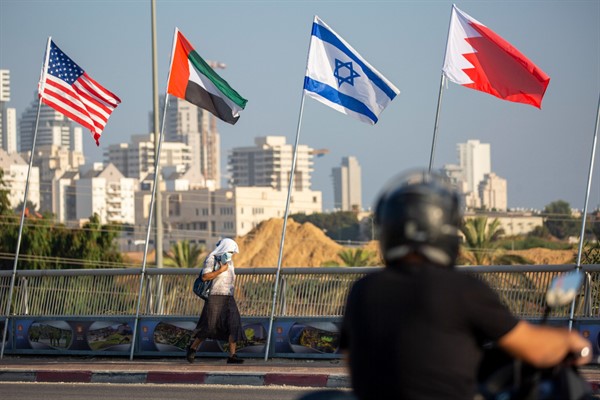The Middle East is “a place that is both remarkably impervious to change…and at the same time always sort of on the verge of an explosion, where you always think that something quite catastrophic could happen,” says Robert Malley, president and CEO of International Crisis Group and a former special adviser on the region to former President Barack Obama.
This volatility grows out of the tension between popular demands for greater responsiveness and accountability from governments, especially since the 2011 uprisings, and the “sclerotic nature…of the Middle East system,” Malley explains. “On the one hand, it’s the stagnation that leads to desire for change. But the stagnation is because there have been inbuilt mechanisms to keep the status quo alive, and to keep it sustainable and to react whenever there is a challenge to it.”
Malley served in the Obama administration as both senior adviser for the campaign to defeat the Islamic State and as the White House coordinator for the Middle East, North Africa and the Gulf region. He was also a special assistant to President Bill Clinton for Arab-Israeli affairs and director for Near East and South Asian affairs at the National Security Council during the Clinton administration.

